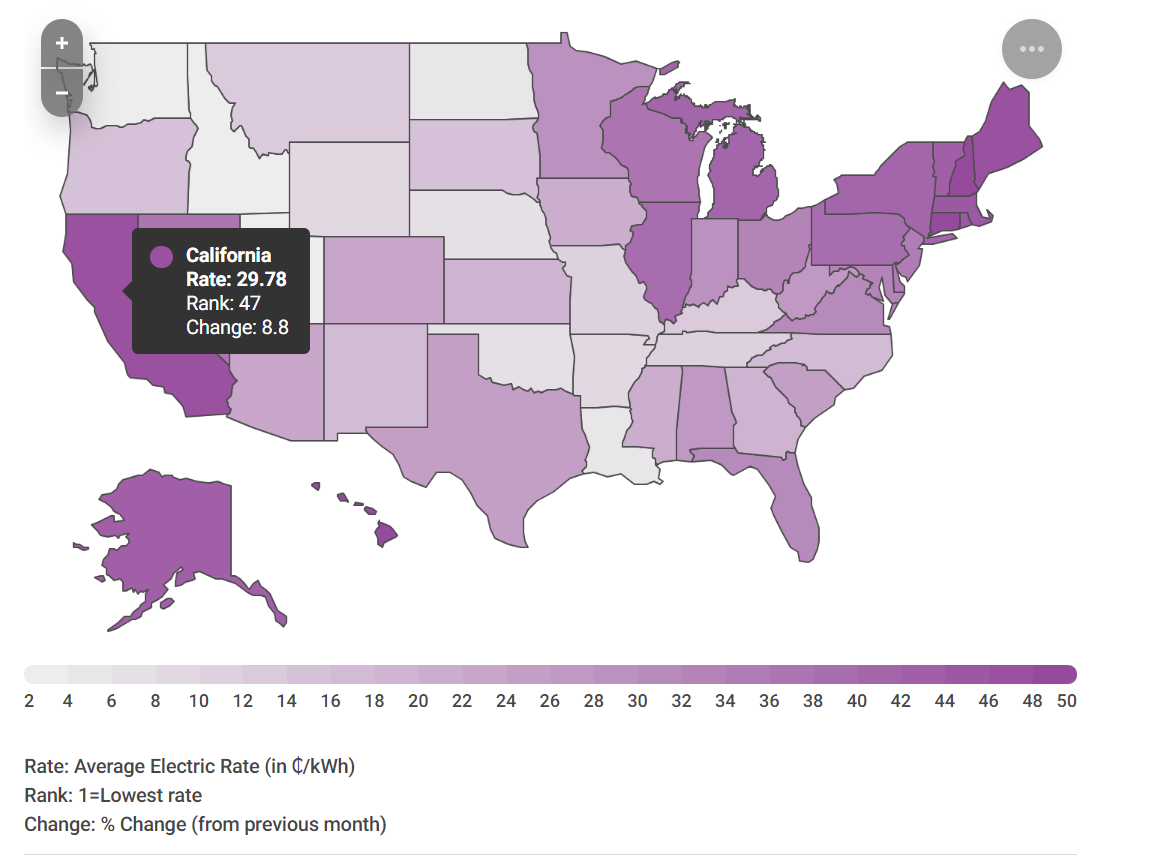In the ever-evolving landscape of electric vehicles (EVs), one of the key concerns that both consumers and policymakers grapple with is the cost of charging these eco-friendly automobiles. As the global transition towards sustainable transportation gains momentum, understanding the various cost considerations associated with EV charging has become increasingly important.
- Electricity Rates and Charging Infrastructure Costs
One of the primary factors affecting the cost of EV charging is the prevailing electricity rates. Just as fuel prices can fluctuate, electricity rates can vary widely based on location, time of day, and local regulations. While some regions offer special tariffs or incentives to encourage off-peak charging, others may have higher electricity rates during peak hours. Therefore, consumers are advised to be cognizant of the time at which they charge their vehicles to optimize their charging costs.
According to the latest data available from the EIA, the average residential U.S. electricity price in May 2023 was 16.14 cents per kilowatt-hour (kWh). The national average increased by 7.8% compared with the previous year. In August, Idaho paid the lowest average residential electricity rates in the country – 10.79 cents per kWh. Hawaii paid the highest electricity rate at 42.46 cents per kWh.
Moreover, the cost of establishing and maintaining charging infrastructure is another element that impacts the overall expense of EV charging. Public charging stations, which play a vital role in promoting EV adoption, require significant investment in installation, maintenance, and operational expenses. Balancing the need for a robust charging network with affordability remains a challenge for governments and private companies alike.
- Home Charging Solutions
For EV owners, home charging is often the most convenient and cost-effective option. However, the upfront cost of installing a home charging station can vary. This includes the cost of the charging equipment, any necessary electrical upgrades, and professional installation. Over time, the savings from reduced fuel costs compared to gasoline-powered vehicles can help offset these initial expenses.
Our AC charger products are suitable for household use, APP control is more convenient and smarter. Support family members to share. For more information, please contact our professional product consultants.(Click Here to go directly to.)
- Renewable Energy Integration
With a growing emphasis on sustainability, many consumers are keen to power their EVs with renewable energy sources, such as solar panels. While this aligns with environmental goals, the initial investment in solar panel installation should be factored into the overall cost calculus. However, the long-term benefits of generating clean energy and potentially reducing grid reliance can make this a financially viable choice for many.
For more information about solar charging solutions from Injet New Energy, please contact our specialized product managers. (Click Here to go directly to.)
The cost considerations for EV charging encompass a range of factors that extend beyond the mere price of electricity. Striking a balance between affordability, sustainability, and convenience remains a priority for stakeholders in the electric vehicle ecosystem. As technology advances and economies of scale come into play, it is likely that EV charging costs will become more competitive, making the transition to electric vehicles an increasingly compelling choice for consumers worldwide.
Post time: Aug-11-2023





